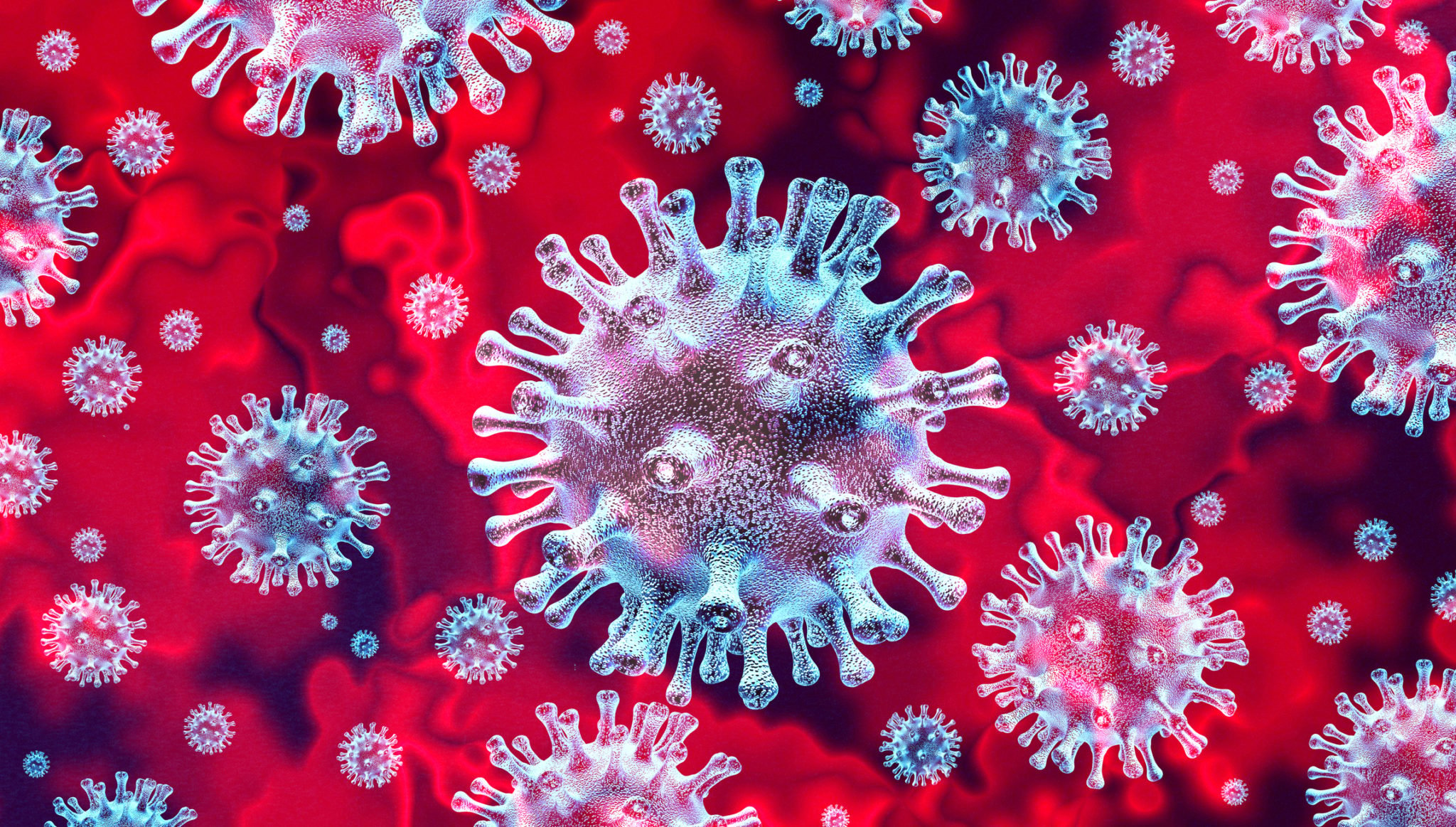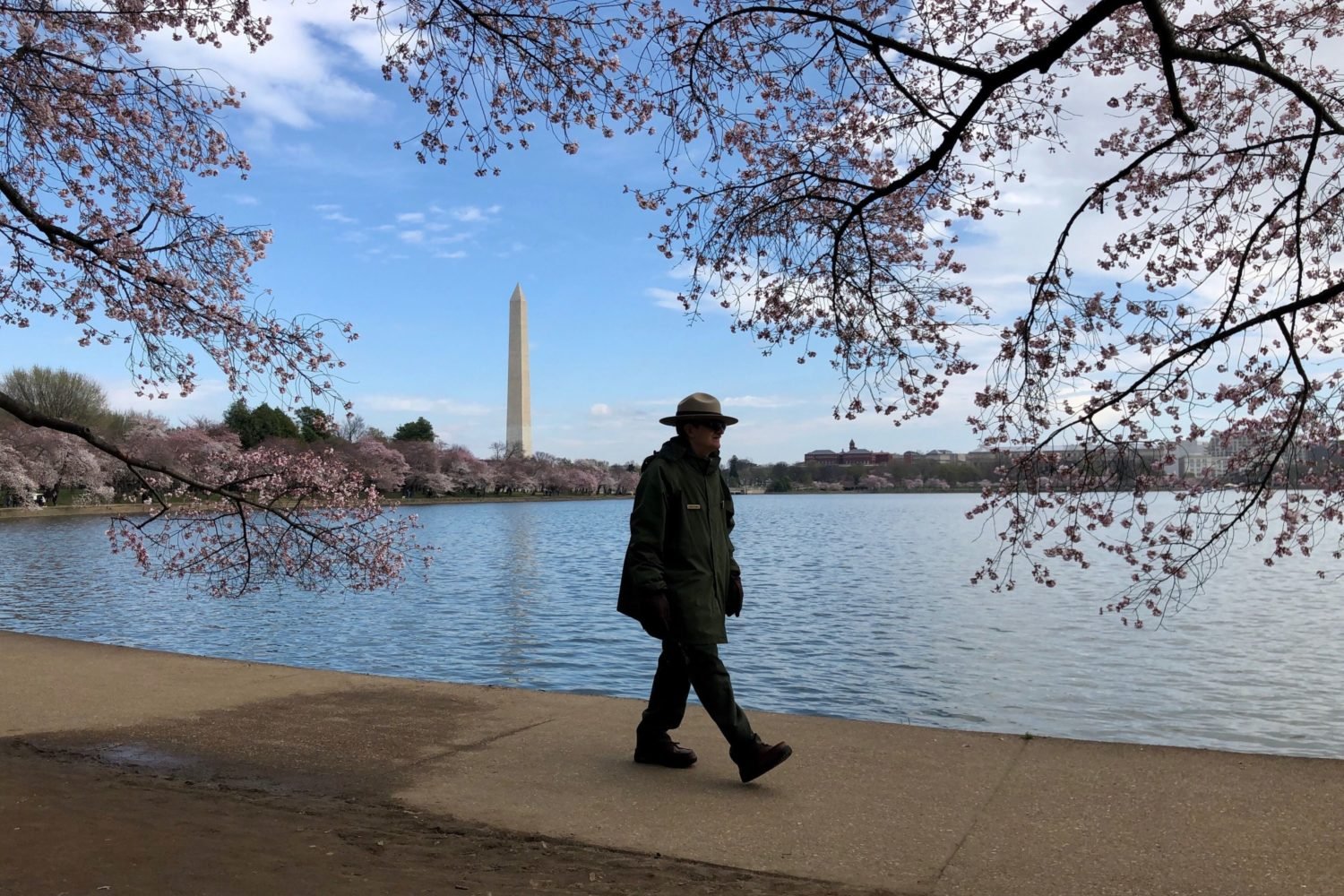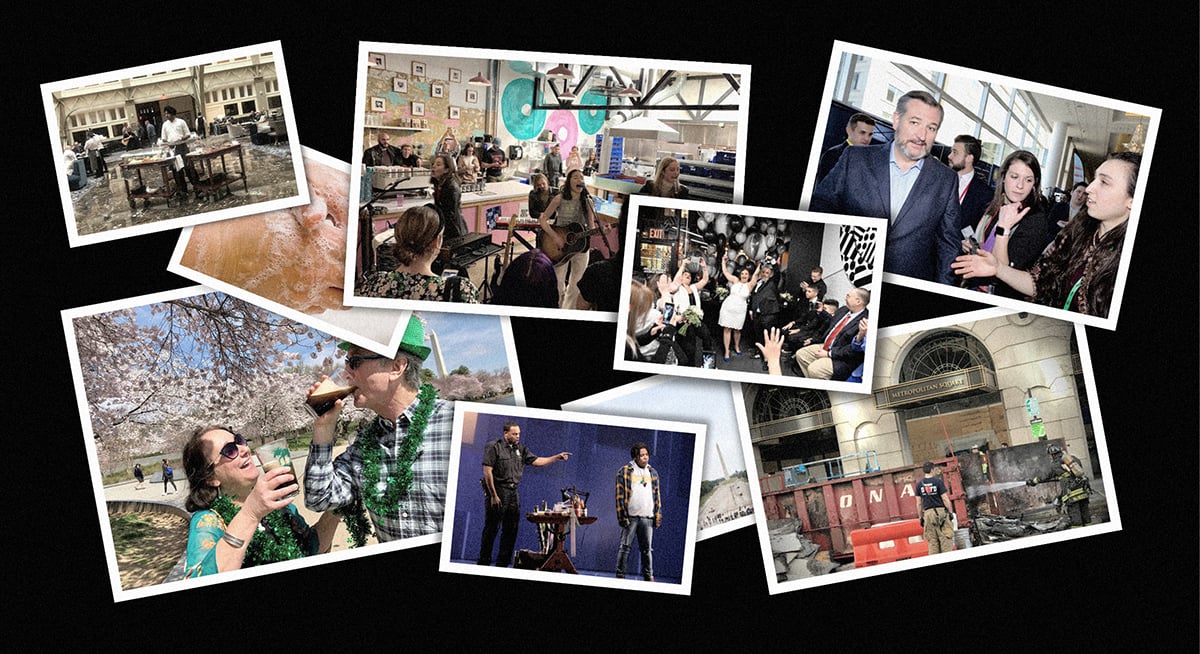About Coronavirus 2020
Washingtonian is keeping you up to date on the coronavirus around DC.
Roughly 11 percent of positive Covid cases in DC since July 31 are people who reported traveling during their exposure period. That’s according to DC Department of Health Director LaQuandra Nesbitt, who in a press conference Monday said that of the 102 positive Covid cases from people who had traveled, 71.1 percent traveled by plane, 33.3 percent by ride share, 6.7 percent by public transportation, 8.9 percent by shared van or shuttle, and 4.4 percent by train or commuter rail.
Nesbitt said a further 15 percent of Covid cases were people who had attended a gathering of more than five people during their exposure period. Of those positive individuals, 90 percent attended a gathering of less than 50 people, which is permitted under Phase 2 guidelines. Over 60 percent of positive cases who had socialized in groups of more than five said part of the event took place indoors, and 62 percent reported that social distancing did not take place.
A majority of cases also didn’t have any known contact with a Covid-positive individual during their exposure period. Of the 74 percent of cases that chose to answer that question, only 36 percent knew they had interacted with a Covid-positive individual. As of today, just 6.7 percent of new positive Covid cases can be traced to a quarantined positive individual.
Nesbitt shared a few case studies from the District’s positive cases, which included individuals who tested positive after dining out with friends, after traveling via plane with friends, and after attending a family gathering. Nesbitt has previously said there are a rising number of positive cases who dined out while infectious, and said in today’s press conference that indoor dining is a “high risk” activity. However, there currently aren’t any plans to roll back indoor dining, she said, because there isn’t a high enough proportion of cases linked to that activity to indicate intervention is necessary. She said people should be more concerned about travel and social events, and should be social distancing and wearing masks whenever they’re around individuals not a part of their households.



















